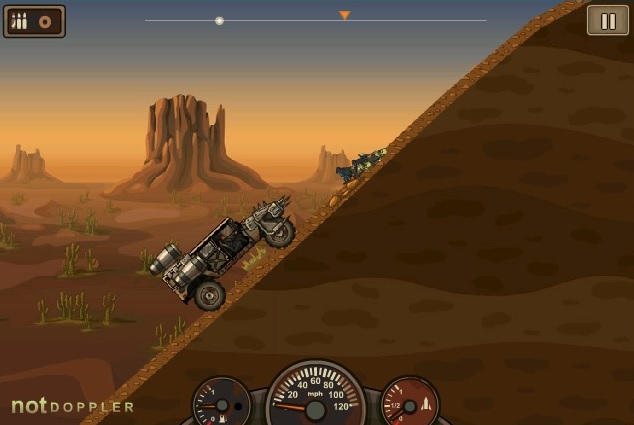Yes, 5 months have passed since my last post, I was busy,with uhmm, stuff…
Now enough with my hypocrisy, today my curious monkey refused to sleep before i test the new “Wan Optimization” that Microsoft allegedly added to its new RDP v8.0 feature set that ships natively with Windows 2012.
So i setup 2 client machines, one with RDP v7.1 client and another with RDP v8.0, i will be connecting to my remote machine from home via an RD gateway server which is located in our remote branch’s DMZ.
Now we have to find some material worth testing on, and what is more frustrating than playing flash games over RDP? Their rich graphics, high frame rates and fade in-out effects (alpha) makes it the best candidate.
I decided to go with something zombies related, “Earn to die 2012” is a great game (Disclaimer above): www.flashgames247.com/play/15994.html
*Round 1: RDP client v7.1 connecting to RDP v7.1 (or v8.0)
- Of course RDP v8.0 is backward compatible so if you connect from a v7.1 client it will work but you will not get v8’s features
- General Experience: Very slow and choppy gameplay, hangs when fading effects come into play, quality is good
- Judgment: Unplayable

Continue reading

